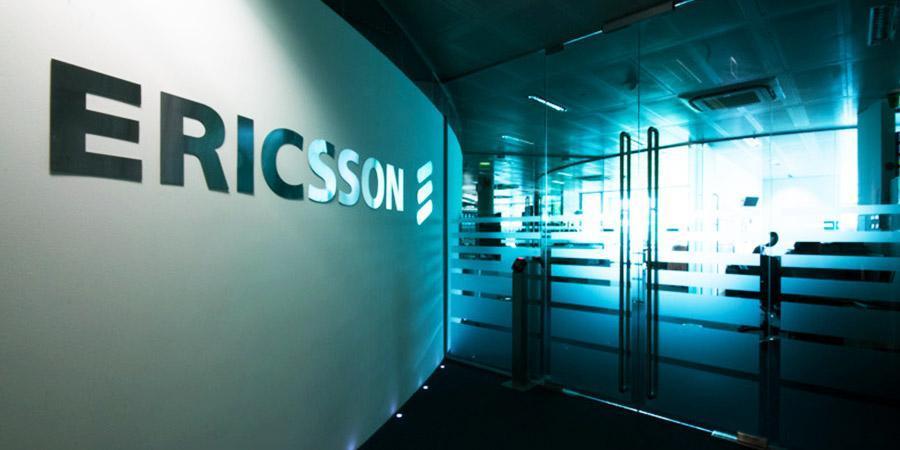Vodafone UK has chosen Ericsson to evolve its 4G networks in southern England and also provide technology to help it prepare for 5G in the region.
In these trying times for Ericsson any new business is cherished and one that features both a major operator group and the 5G buzzword is a bonus. Ericsson will be even more gratified considering Vodafone recently spoke at length about all the Massive MIMO goodness it was getting from Huawei, since the network evolution also involves that technology as well as carrier aggregation.
"We are working with Vodafone UK to evolve its 4G network and test new 5G technologies," said Arun Bansal, Head of Europe and Latin America at Ericsson, who presumably spends much of his life flying between the two. "Together we will enable ubiquitous connectivity for their users that enable entirely new experiences, as well as monitoring and control of IoT in real time."
At a recent Vodafone briefing there was a talk of massive MIMO using 64 elements. Our understanding is that Ericsson isn't offering quite this degree of massiveness to Vodafone just yet, so perhaps 'Quite Big' MIMO would be a more appropriate description. The 4G tweaks in the densely populated south of England will focus on speed and capacity.
The 5G part of the gig is apparently Ericsson's first contract that includes collaboration on 5G. It's a fairly broad array of pre-5G technology and a commitment to trials, product deployment, professional services and the kind of broad commitment to collaborate on 5G development, testing and use-cases that have characterized this generation of wireless technology.
The latter commitment, which featured the inevitable memorandum of understanding, includes the following:
4G evolution, 5G radio non-standalone and standalone
5G site deployment scenarios
NR simulations: 3.5 GHz and mmWave
5G use-cases: business case study and proof of concept
Distributed cloud and network slicing proof of concept: end-to-end latency and cloud- optimized network applications
Collaboration with King's College London
5G innovation: Technology Incubation Program











